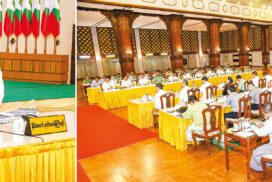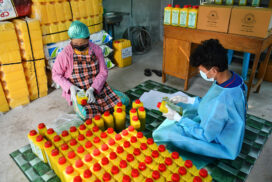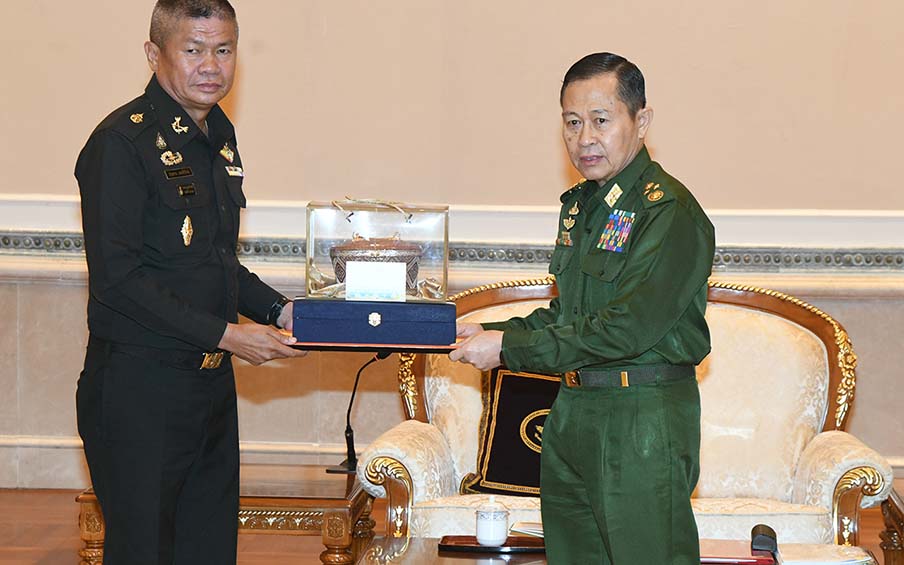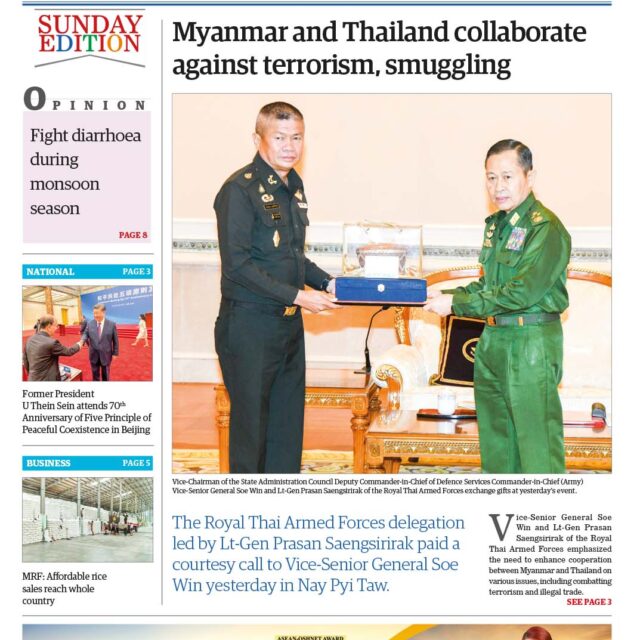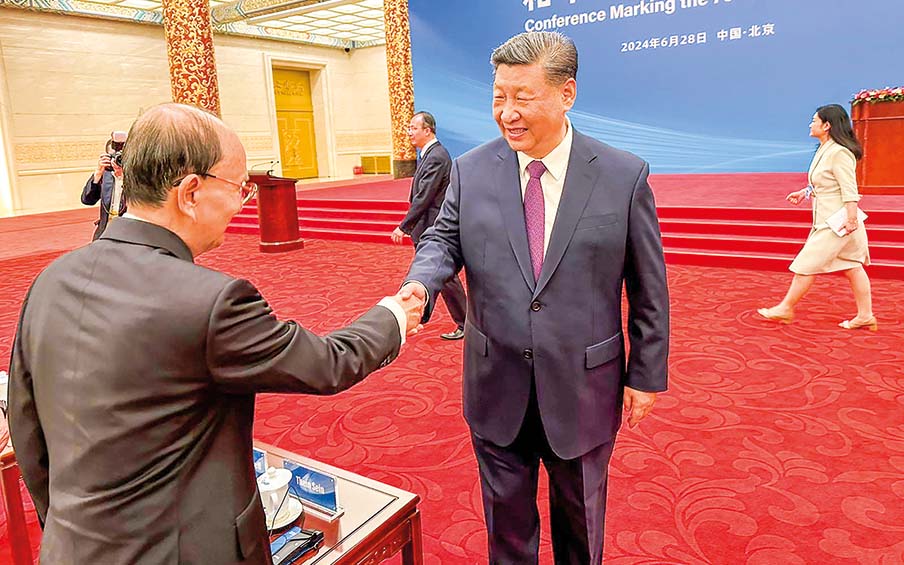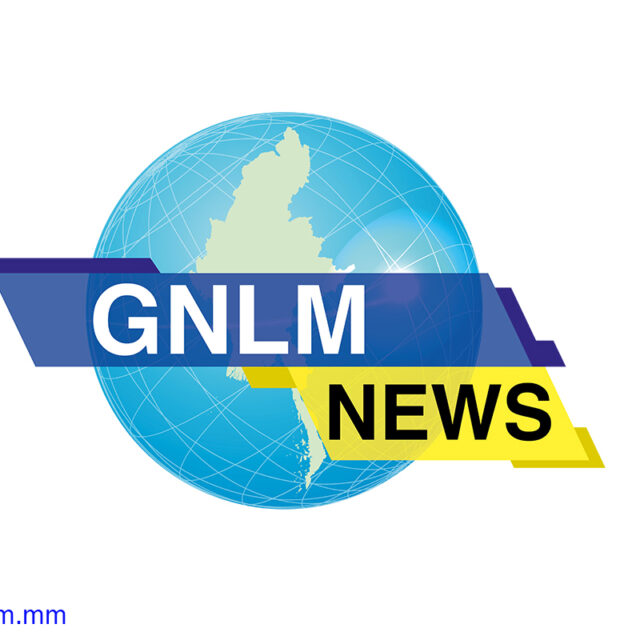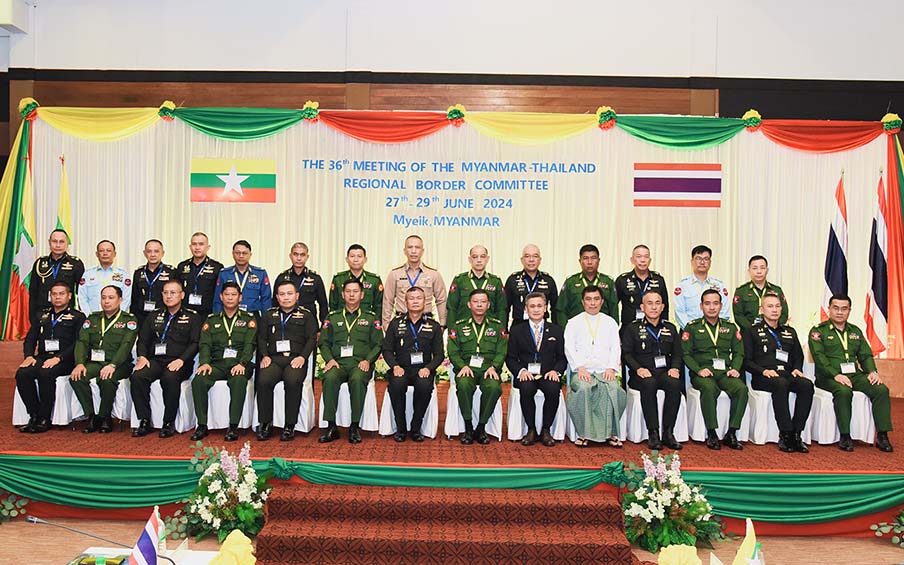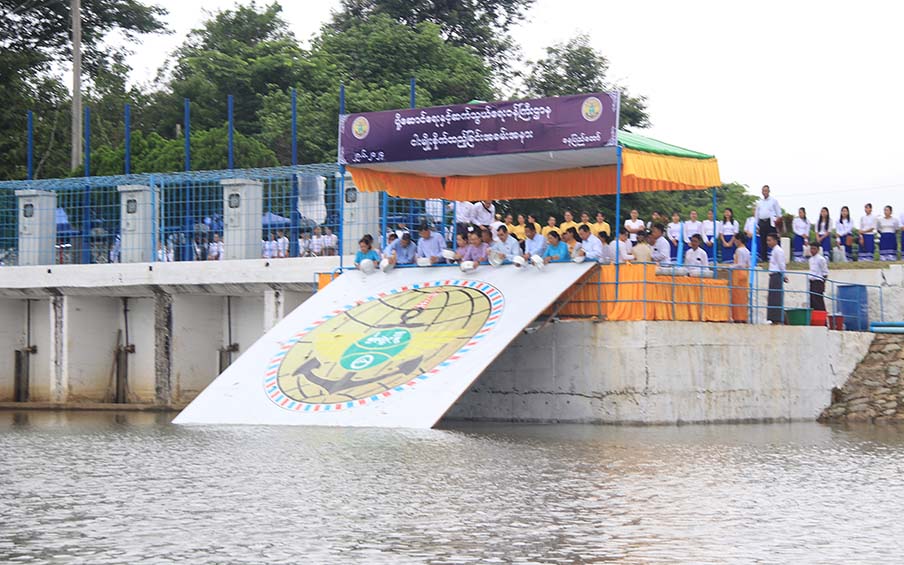Myanmar’s growing population, expanding cities, and burgeoning industries bring significant waste management challenges. The increasing volume of waste in three major cities, namely Nay Pyi Taw, Yangon and Mandalay, triggers long-term environmental and health risks in the society.
Myanmar’s citizens often struggle to adhere to waste disposal regulations and existing laws, leading to environmental pollution. Improper waste disposal contaminates water sources such as lakes, creeks and rivers, which bring fresh water for consumption and cultivation by Myanmar people and fertile soil layers, and burning waste releases harmful pollutants like carbon dioxide, exacerbating air pollution in the atmosphere and health issues for the people.
A 2017 report by the Netherlands Enterprise Agency highlights the severity of the problem: Myanmar generates approximately 20,000 tonnes of waste daily. In Yangon and Mandalay, the report continues that individuals produced around 0.8 kilogrammes of waste per day, which is projected to rise to one kilogramme by 2025. The combined waste output from Nay Pyi Taw, Yangon, and Mandalay constitutes nearly half of the nation’s total waste.
Yangon residents alone discard about 2,000 tonnes of waste daily, while Mandalay and Nay Pyi Taw dispose of approximately 955 tonnes and 200 tonnes, respectively. These figures represent only the waste collected by local development committees, excluding uncollected, incinerated, recycled, and reused waste, suggesting that actual waste volumes are even higher. Moreover, people not only from Yangon but from all corners of the nation are responsible for systematically disposing of waste while local authorities seek better ways and beans to manage waste in their relevant areas.
Effective waste management in urban areas requires active public participation. However, limited public knowledge about waste management and reluctance to pay for waste disposal services hinder progress. Additionally, non-compliance with existing waste management laws and regulations exacerbates the problem. Hence, raising public awareness about proper waste disposal practices and encouraging community involvement is crucial.
Adopting advanced technologies is essential for systematically solving problems on waste disposal, recycling, and reuse, aiming to minimize the overall waste volume across the nation. Educating the public on sustainable waste management practices is vital for creating a waste-free society.
In summary, addressing Myanmar’s waste management issues requires a concerted effort to educate and engage the public, enforce regulations, and implement advanced waste processing technologies. By fostering a culture of responsible waste management, Myanmar can mitigate environmental damage and promote public health, ensuring a cleaner, more sustainable future.
Raise public awareness for systematic waste management
- May 29, 2024
- 183


